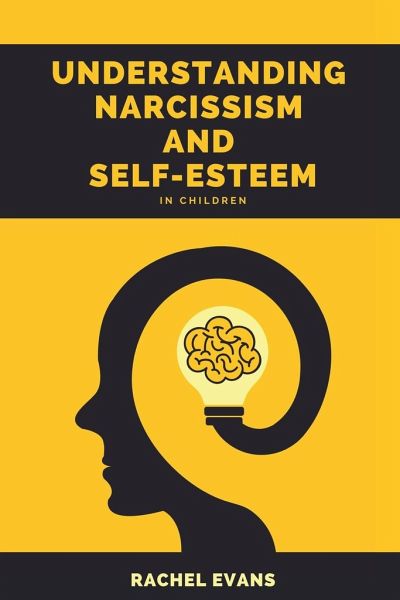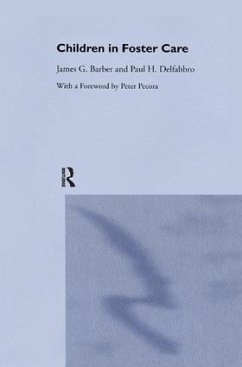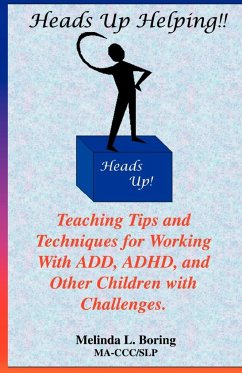Nicht lieferbar

Understanding Narcissism and Self-Esteem in Children
Versandkostenfrei!
Nicht lieferbar
Examined the empirical relationship between narcissism and selfesteem in an attempt to evaluate competing conceptualizations of narcissism. Participants were 236 children (mean age 11.3 years) in the fourth through eighth grades. Counter to earlier conceptions, which characterized narcissism as very high self-esteem, narcissism and self-esteem were slightly negatively correlated. Also, narcissism predicted several adjustment variables, including aggression. None of these relationships was mediated by self-esteem. Lastly, self-esteem moderated the relationship between narcissism and aggression ...
Examined the empirical relationship between narcissism and selfesteem in an attempt to evaluate competing conceptualizations of narcissism. Participants were 236 children (mean age 11.3 years) in the fourth through eighth grades. Counter to earlier conceptions, which characterized narcissism as very high self-esteem, narcissism and self-esteem were slightly negatively correlated. Also, narcissism predicted several adjustment variables, including aggression. None of these relationships was mediated by self-esteem. Lastly, self-esteem moderated the relationship between narcissism and aggression in boys. Taken together, these lines of evidence point to a new conceptualization of narcissism, modeled after self-discrepancy theory, in which narcissism is conceptualized as grandiosity in the ideal self. Implications of this proposal and directions for future research are discussed.












